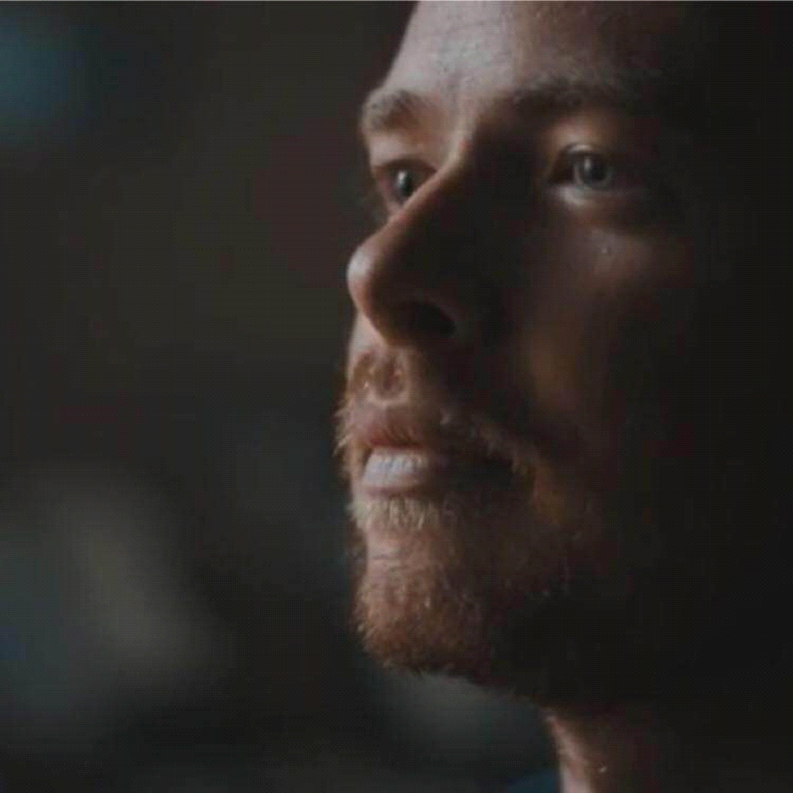Profiles in Recovery

Michael Miller
Raised by a hardworking single mother, Miller remembers feeling lonely and anxious as a child. He used drugs to escape his pain, and quickly became addicted.
“I lived the life most people picture when they think of someone struggling with substance use disorder — homeless, hovering at 110 lbs, in and out of jail,” he says.
In 2013, a judge gave Miller a choice: spend up to 24 years in prison or complete a two-year treatment program in Denver. “A judicial system that 10 years prior would have sent me to prison immediately, gave me a chance I couldn’t give myself,” he says. “Today, I get to feel a peace I never believed was possible. I have the opportunity to be a son, a partner, a friend and responsible citizen. I get to recognize and take accountability for my mistakes in order to be a better man tomorrow.”
PreviousNextDay Job:
Chapter Coordinator, Young People in Recovery (YPR); volunteer with district drug courts and the Denver Harm Reduction Action Center
What worked for me:
I was able to begin sustaining recovery when I began to let go of judgment. I realized judgment of others, authority and most importantly myself was holding me back from being the man I want to be.
Advice to my younger self:
I’d simply ask “what is wrong with living life the way it is?”
When cravings come:
Cravings for me are usually the result of being distracted from mindfulness. When I find myself in that place it’s important for me to pay attention to what my body is telling me and truly practice mindfulness.
Stigma I faced:
Due to my substance use, I am not only a convicted felon, but also had a horrible credit and employment history. It was difficult for me shed my past, but after embracing it as a part of who I am today, I was able to learn to move past those things.
Rules I live by:
1. Let go of judgment and be open to new ideas and experiences.
2. Smile often
3. Live a life you’ll be proud of at its end
Thoughts on relapse:
I used to be the guy who said those who used again “must not have wanted it bad enough.” That was arrogant.
I live with a substance use disorder; when it went untreated, I had a reoccurrence of use. When it was treated with an option that didn’t work for me individually, the same thing happened. Only after I received the care that was best for me did I have the opportunity to maintain long-term recovery.
What I value most in recovery:
I believed for a long time that I was destined to be alone. My relationships with loved ones, friends, neighbors, myself and humanity are what I value most in my recovery.
Proudest moment:
I’ve had the opportunity to develop a friendship with the last man to prosecute me in court for my most serious felony. This year, I was honored to introduce and speak on his behalf as he was sworn in to become a judge.
I am inspired by:
Watching leaders emerge from places of darkness, who then inspire others to do the same.
Shed the Stigma:
If you’re a person in long-term recovery who wants to share your
insights, please contact us at [email protected].